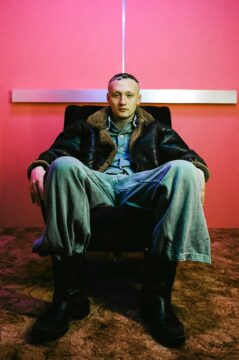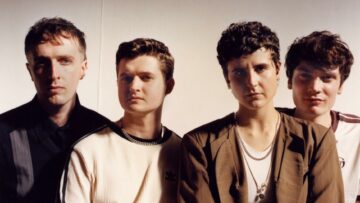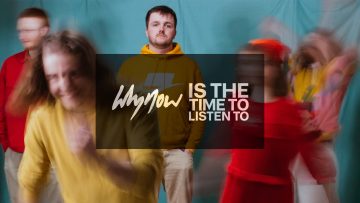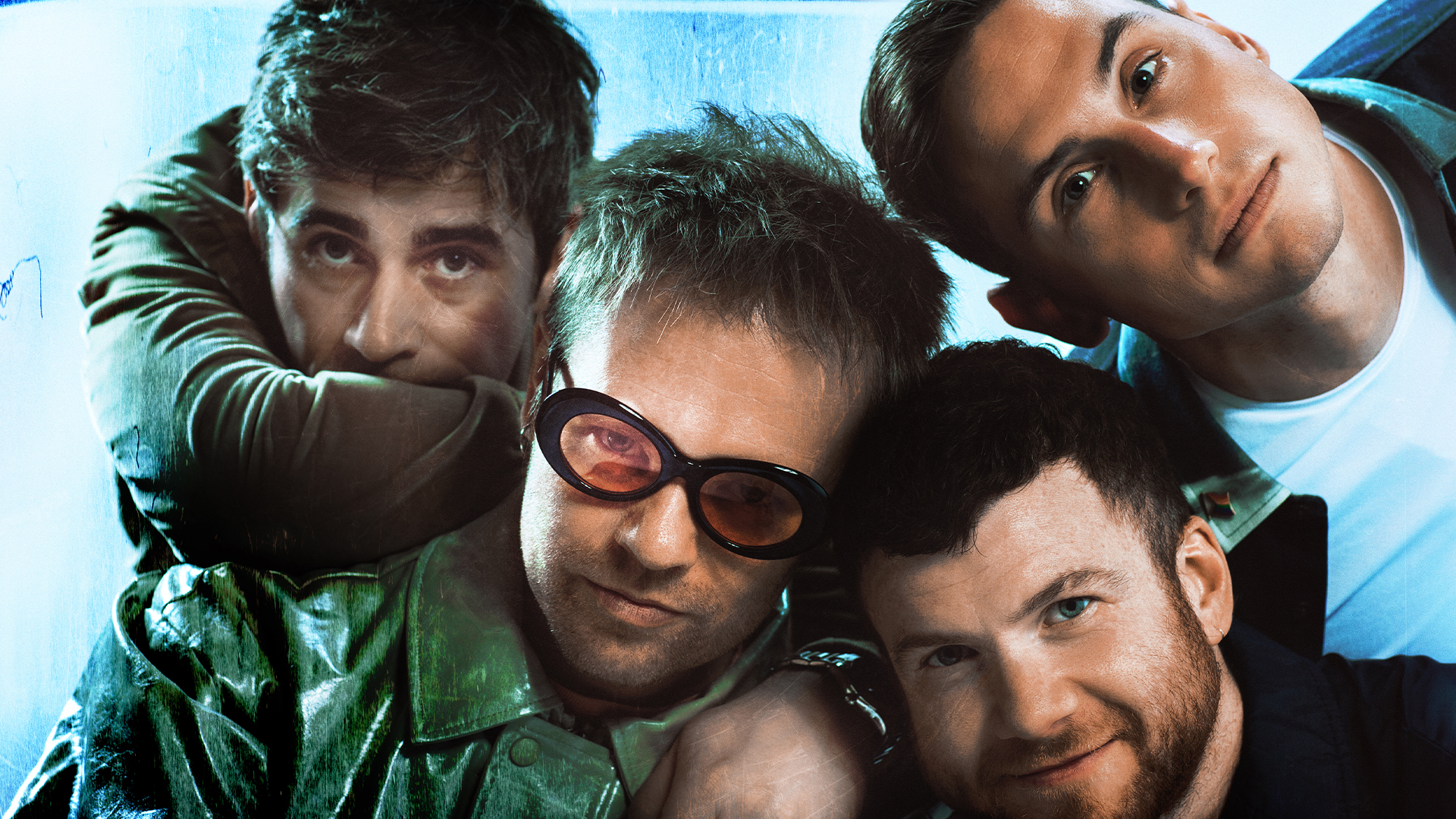
For Rou Reynolds, music is far more than mere chords and instrumentation. Sonic manipulation serves as one of humanity’s most powerful tools; melodies have the capacity to forge bonds between total strangers, unravel complex ideas, and evoke certain emotions within listeners’ minds. In many ways, music is a language that transcends the limits of the common tongue – and this is exactly what sparked Reynold’s life-long fascination.
“Music is like a dictatorship,” the Enter Shikari frontman asserts. “Whether you like it or not, a piece of music is going to make you feel something.” Navigating and attempting to understand the power of music has been a staple of Reynolds’ career, spanning back to Z-Day presentations on how communal singing forges chemical bonds, releasing the love hormone oxytocin, and more.
“It’s the most immediately affecting of all the arts,” Reynolds explains. “You turn it on, and immediately it can take your breath away, it can fill you with adrenaline, it can fill you with nostalgia, it can fill you with pain, with joy…”
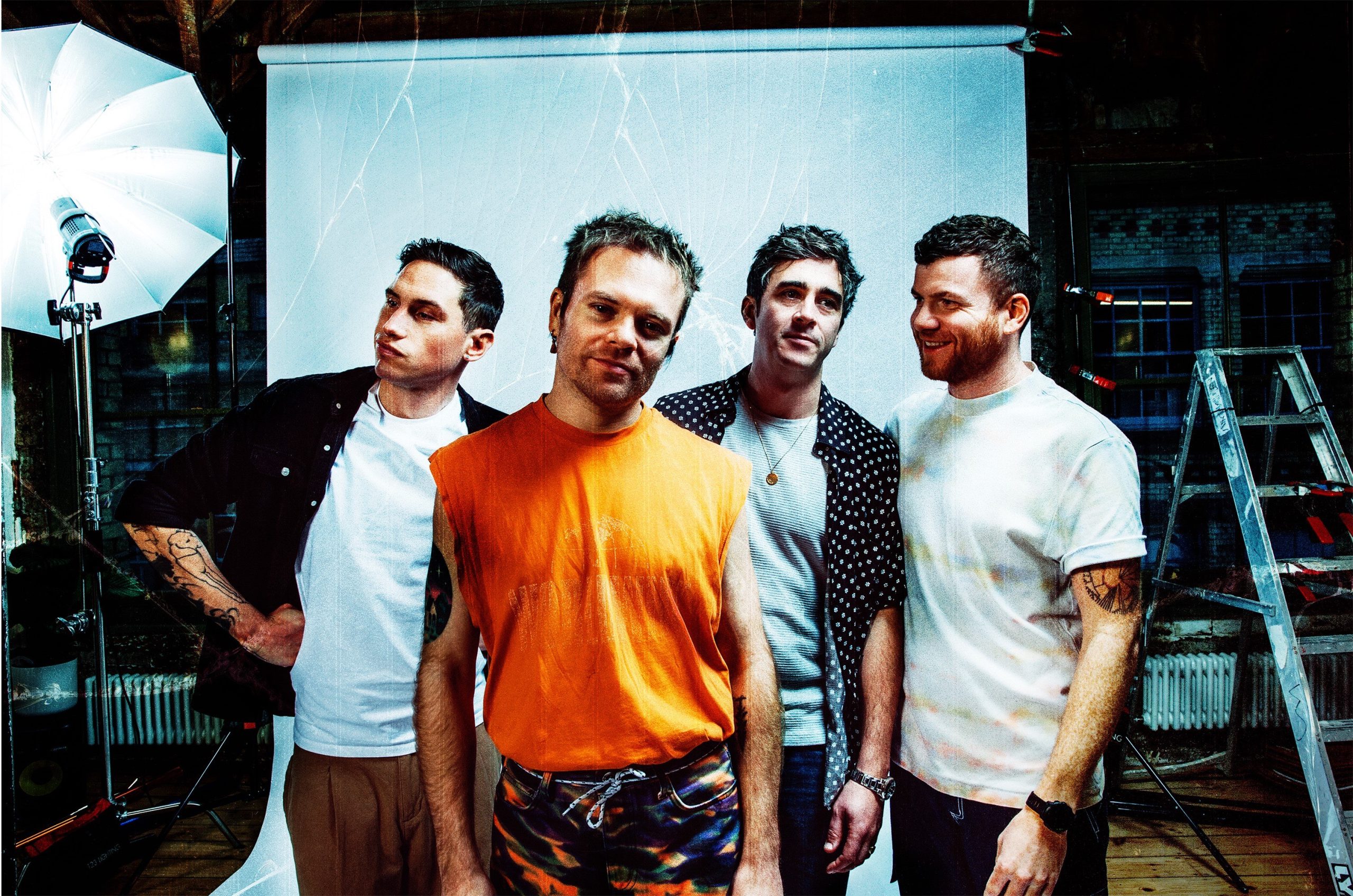
Photo: Jamie Waters
His words echo those of the British neurologist Oliver Sacks, who once said “music is both completely abstract and profoundly emotional… music can pierce the heart directly; it needs no mediation.” It’s a language everyone can understand; a tool that reminds us of the interconnectedness of humanity.
“There’s a beauty in that communal reaction,” Reynolds says, “because everyone will have a similar reaction to a piece of music. Some people can be reduced to tears by looking at a painting, but most people can’t. Whereas with music, it doesn’t take any effort. It reminds us that we’re all similar. We all have that vulnerability where an outside phenomenon can make us feel something, whether we want to experience it or not.”
The emotional command and power of music and writing has led to it being Reynolds’ primary form of communication. In times where he struggles to find the right words, chords and melodies are there to fill in the gaps.
“Writing is everything,” he says. “It’s how I communicate with the world really. In a lot of social situations, I’m still very socially anxious and introverted, but as a young person I found communicating even more difficult; writing music as a young person was the main way I was able to communicate.”
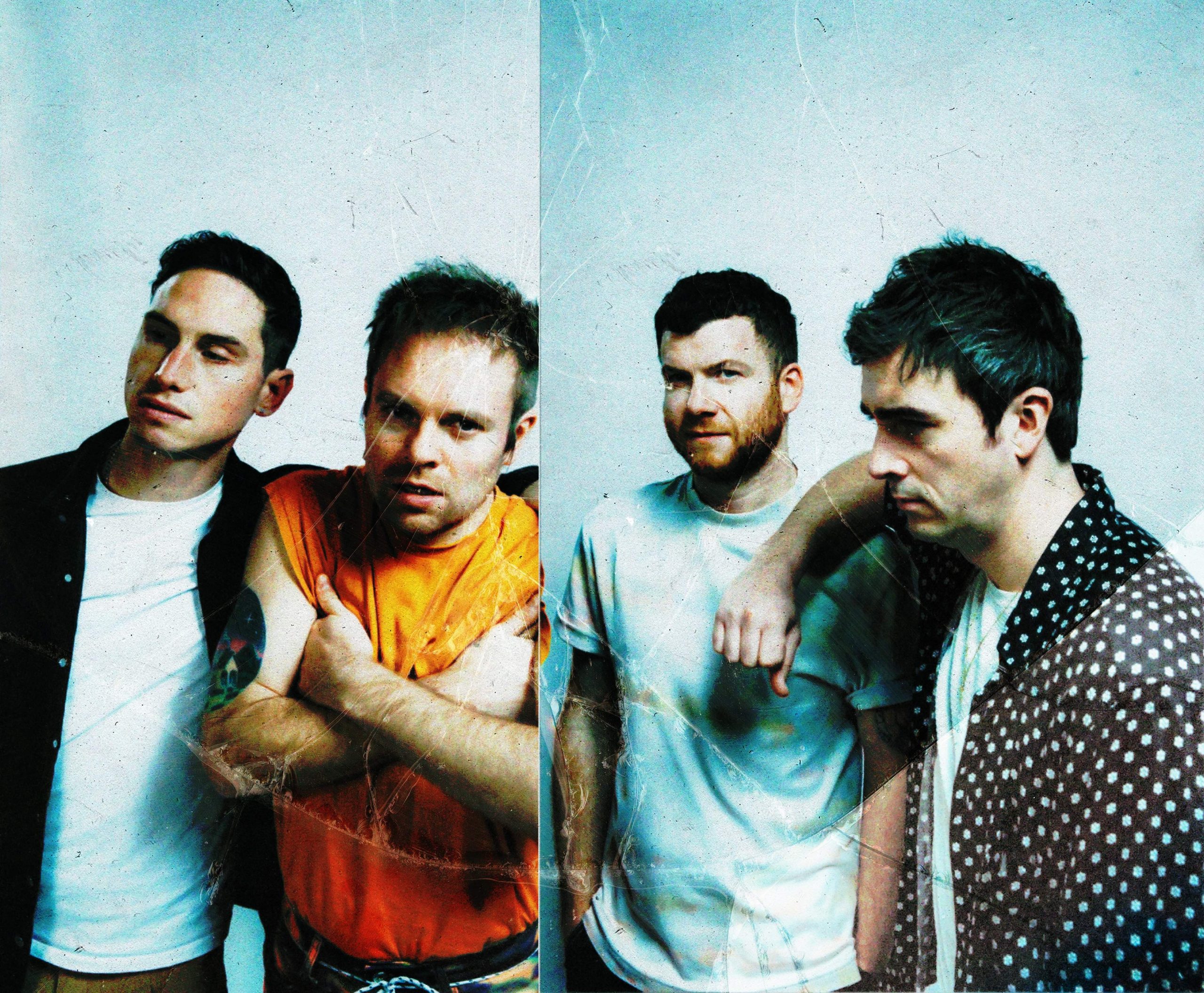
Photo: Jamie Waters
Writing continues to play a key role in Reynold’s navigation with the world. “It’s my sense of purpose, it’s my sense of catharsis, it’s how I organize my thoughts about the world and myself,” he adds. “It’s how I like to explore new ideas.”
“If I find a topic I’m really intrigued about, I’ll write a song exploring that subject… It’s not the most rock n’ roll thing, but I love getting captivated by new information, and it justifies me spending a few weeks researching it,” he laughs.
This deeply personal connection with his writing means that each Shikari record is a true snapshot of who he was at any given time – something that can be both a comforting and bewildering thing to look back upon. “I look at our first few albums almost like historical artefacts – relics that explain who I was at that time,” Reynolds says. “My memory is quite bad, so I feel lucky I have them. There’s certainly things I still connect with, and then there are moments where I’m thinking, ‘What was this Rou trying to achieve?’”
“Sometimes when I’m listening, I try to understand who I was,” he adds. “Last year, we listened back to our first EP as a three-piece – we were like 15, we were called Hybryd – and I was using words with no idea what they meant. I was just using a thesaurus, and it was fascinating because…”, he pauses, “I don’t know whether it was low self-esteem or whether I was actually just trying to educate myself and grow through writing music. I guess I’ll never entirely know.”
Enter Shikari’s latest record, A Kiss For The Whole World, explores the mind of a Rou that’s firmly rooted in the present. Reynolds notes that this record feels like the strongest sonic embodiment of himself, and, while this may be due to it simply being his most recent, the record also comes after a year-and-a-half of intensely focused self-reflection. “I think the pandemic period was a really interesting time for me, because I had to come to terms with who I was outside of the band. For my whole life since I was 16, I have been ‘Rou from Enter Shikari’… And suddenly, I wasn’t,” Rou explains.
Without his second tongue, Reynolds was forced to understand who he was on his own. “We weren’t playing shows, I wasn’t writing music. Who, who am I? And I think sometimes you have to question your ideas about yourself, especially if you’re unhappy with yourself.”
Written after this period of creative silence over the pandemic, the record’s ‘self-discovery’ is one of euphoria and immense relief. “After a year-and-a-half of not being able to write, I thought I’d lost the ability entirely,” Reynolds reflects. “Writing felt so thrilling to me; it was like waking up and discovering myself again. Writing is everything to me… it was terrifying losing my sense of purpose.”
Re-rooting himself in his musical abilities made its importance even clearer to Reynolds, as well as making him feel more confident and comfortable in his abilities. “This record is the most focused; songs are shorter, sharper, I’m letting the melody speak for itself.” While the palette is still undoubtedly Shikari, frantic and ever-shifting, the band feel less need to ‘prove’ themselves.
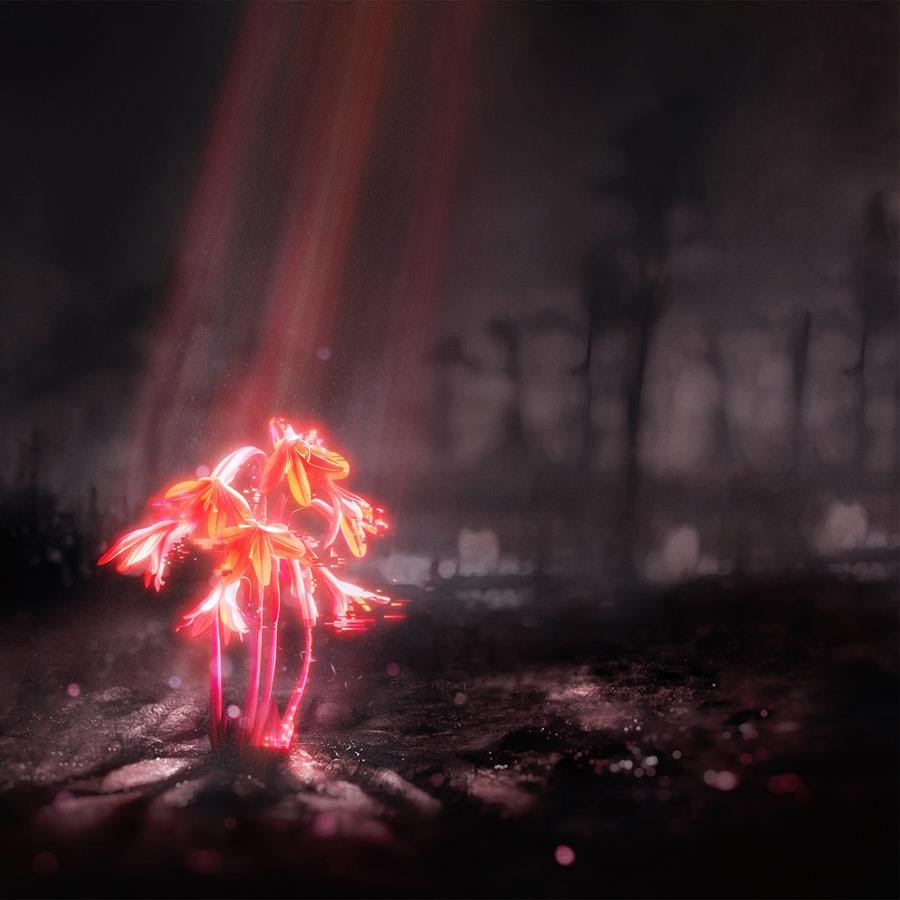
A Kiss For The Whole World
“Feeling the need to prove yourself constantly can be an incredibly bad thing for your mental health. This record isn’t about that, it’s focused on self-discovery.”
This message of encouraging self-discovery is a thread throughout the album. From ‘Giant Pacific Octopus (i don’t know you anymore)’s hark of “does anyone even have a clue who they are?”, to ‘Jailbreak’s message to “question everything… even yourself”, there’s a philosophical urgency throughout the record.
Enter Shikari are set on making listeners reflect on who they are. “I want to make music that offers a degree of comfort to people and a degree of escapism, but I don’t want people to be so comforted that their brain’s turn off,” Reynolds explains.
“I want to invigorate and enliven people,” he adds. “I want to make listeners think about things that don’t normally come up in everyday conversation. People don’t always get time to think about philosophy. Sometimes we can go through life without trying to understand things, and as result we’ll miss things about ourselves.”
And, it must be said, a devilishly nasty drum n’ bass breakdown definitely makes Socratesean levels of introspection more exciting, as Enter Shikari continually make the philosophical experience more palatable for on-the-go consumption.
And, again, music serves as Reynolds’ way of bridging this gap of understanding listeners have. The universal capabilities of sound allow him to unwind ideas in a way listeners can connect with immediately. “Music truly allows for such emotional depth,” Reynolds reiterates. “You can sit down and achieve great depth and great detail through a song. You can comprehend and feel the emotion behind an idea without necessarily understanding every strand of it.”
After the creative horrors of the pandemic, every live show is a gift. Their recent residency tour, returning to the same five venues three times in three months, was the perfect way to heal after the no-man’s-land of the last few years. Reynolds is making it his mission to live in the moment every performance… even if he goes about it in unconventional ways.”
“The other night in Glasgow, I got through to the third song, and I thought, ‘Am I even here?’,” he explains. “I had a sort of sleep deprived, out-of-body experience; it was almost like I was just sound checking. I didn’t really have any adrenaline. And so I said, ‘Is anyone down the front willing to slap me – quite hard – across the face?’”
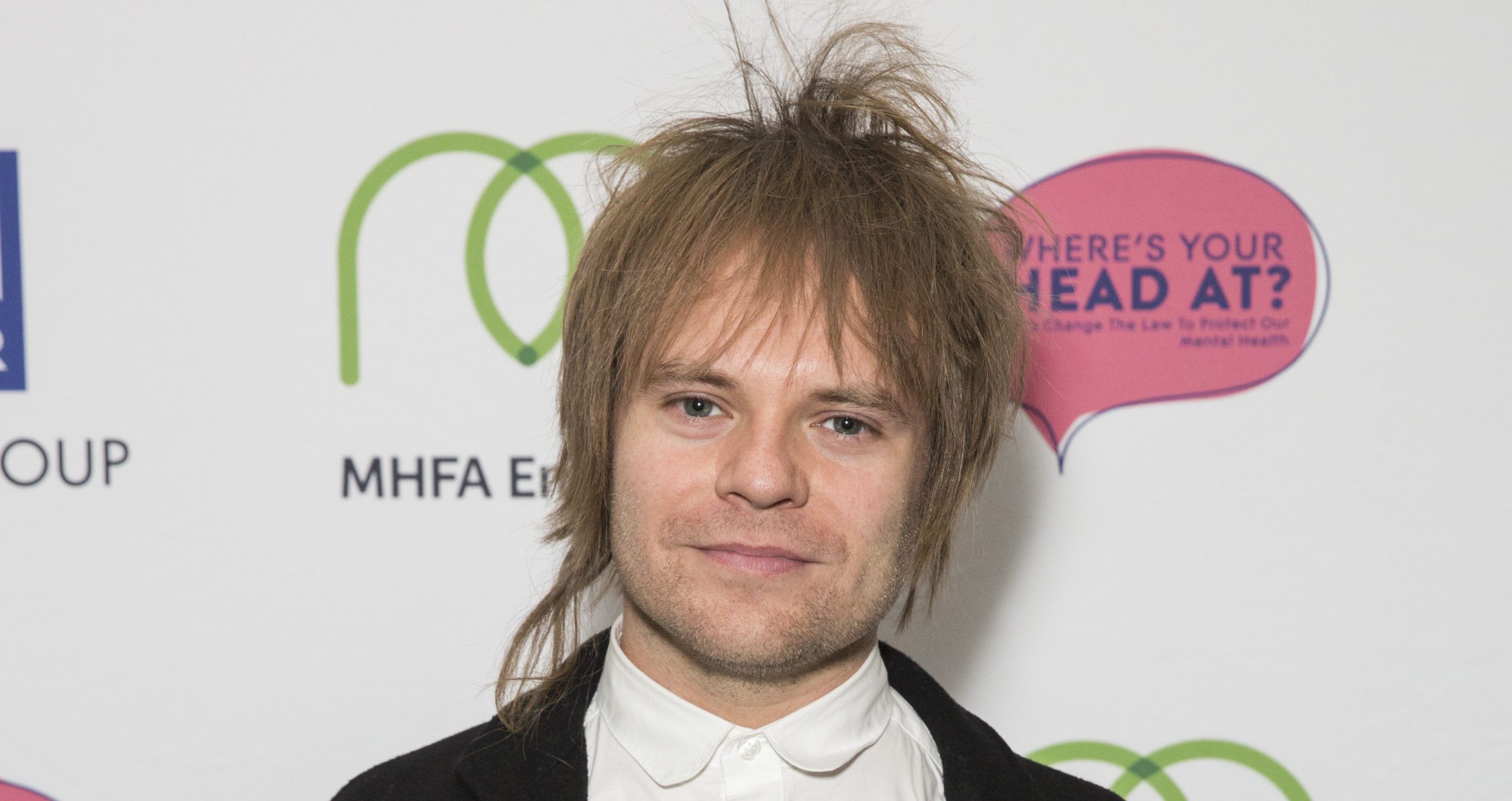
Photo: John Phillips
“Surprisingly, quite a few people were up for it. And, yeah, this young lady just gave me a corker,” he laughs. “It sprung some adrenaline into me. And then I was able to be a bit more in-the-moment.”
Looking forward, the live shows are sure to drill the adrenaline into him. “Our sights have turned to our Slam Dunk headline slot… that’s gonna be a beast. It’s going to be our most ambitious show ever.”
And with A Kiss For The Whole World deemed one of Shikari’s most introspective ventures to date, prepare to indulge; allow yourself to sink into the sonics, let in the deep haze of woozy introspection, of bars and melody. Allow yourself to learn, to grow. And then… prepare to howl your vocal chords raw, and get elbowed in the ribs repeatedly when you catch it live at Slam Dunk – it’s what Rou would want.

